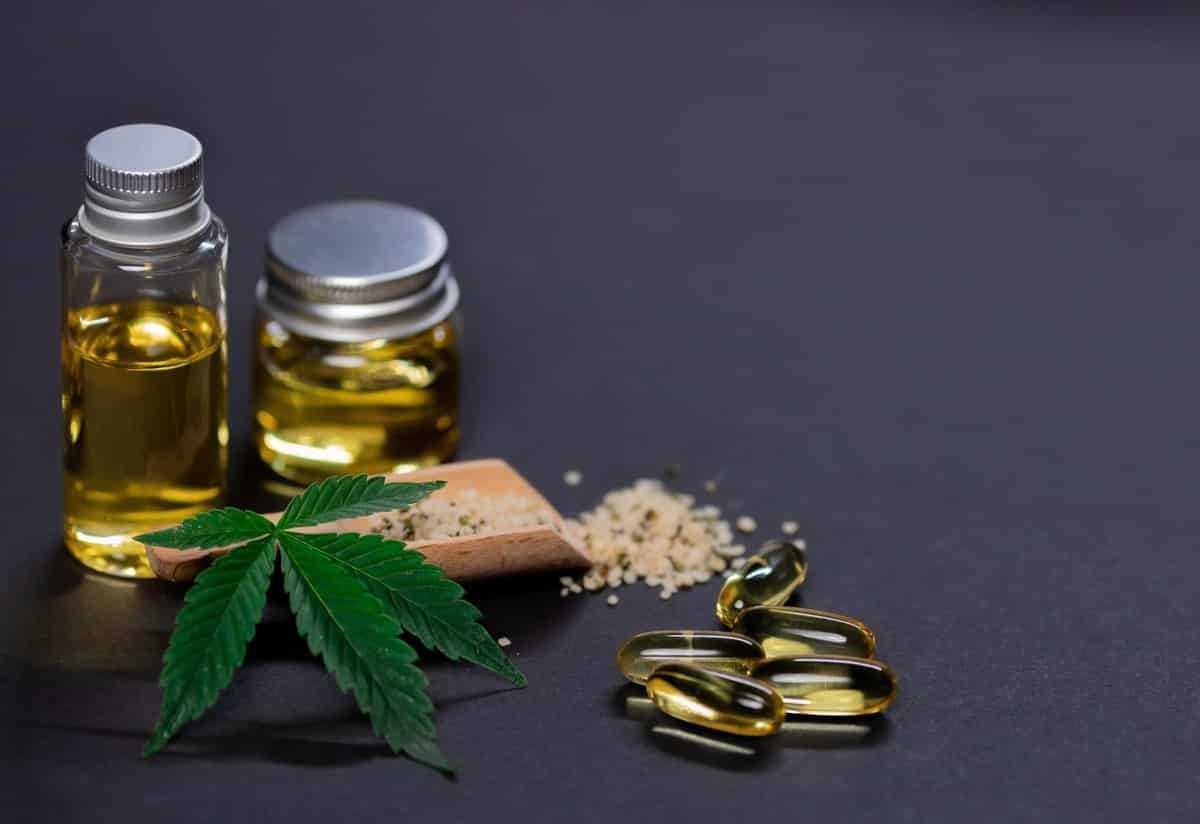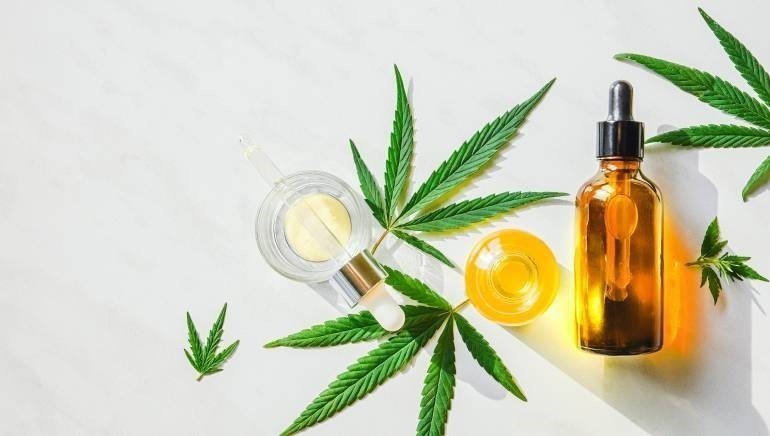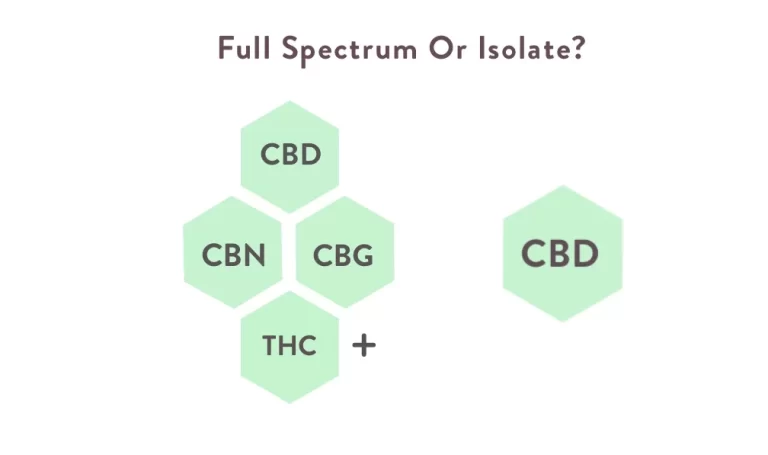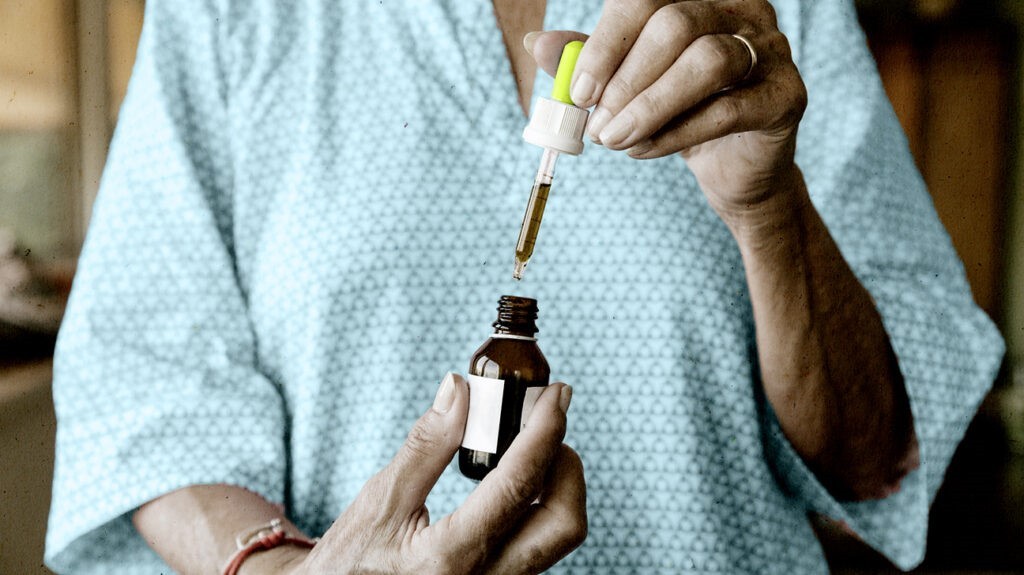The Narcotic Drugs and Psychotropic Substances Act, 1985 (“NDPS Act”) made recreational use of Cannabis (Ganja) and its resin (Charas or Hashish) illegal in India in 1985. India’s commitment under the 1961 Single Convention on Narcotic Drugs (“Single Convention”) resulted in the NDPS Act. Surprisingly, neither the NDPS Act nor the Single Convention prohibited the use of cannabis for medicinal purposes. Despite this, medical cannabis use in India is essentially non-existent.

Despite the fact that the NDPS Act enables state governments to do so, most Indian state governments are hesitant to provide licences to produce and grow cannabis. As a result, practically all cannabis used by producers of cannabis-based medications comes from the wild. Because the cannabis plant develops in the wild with little to no human involvement, quality control and standardisation of the cannabis, which is required to create a cannabis-based treatment, are difficult to achieve. This is a significant difficulty for producers and deters them from producing cannabis-based pharmaceuticals on a large scale.
The NDPS Act, on the other hand, does not apply to cannabis plant leaves and seeds that have been detached from the plant’s most intoxicating sections, the flowering or fruiting tops. This is why, despite the fact that it is still an intoxicant, Bhang (cannabis plant leaf) is marketed freely in most Indian states, subject to Excise Control.
Because the leaves of the cannabis plant are very easy to get, there is a lot of promise for medical application.
CBD, or cannabidiol, is one of the most important compounds (or cannabinoids) found in cannabis, especially its leaves. CBD has medical effects, but it is not a narcotic. Because it “does not have psychoactive qualities, has no potential for misuse, and has no potential to induce dependency,” the World Health Organization (WHO) has recommended that it be excluded from the Single Convention.
Most CBD Oils offered in India (including on the internet) are manufactured from full-spectrum extracts of cannabis plant leaves, which means they include all of the cannabinoids found in the leaves, including CBD.CBD Oil manufactured from cannabis plant extract should not be viewed as a narcotic drug since cannabis plant leaves are not considered a narcotic substance. To put it another way, CBD Oil derived from cannabis plant leaves should not be subject to the NDPS Act’s requirements.
CBD Oil produced with a licence obtained under the Drugs and Cosmetics Act, 1940 may, in fact, be legally utilised for medicinal reasons in India.



